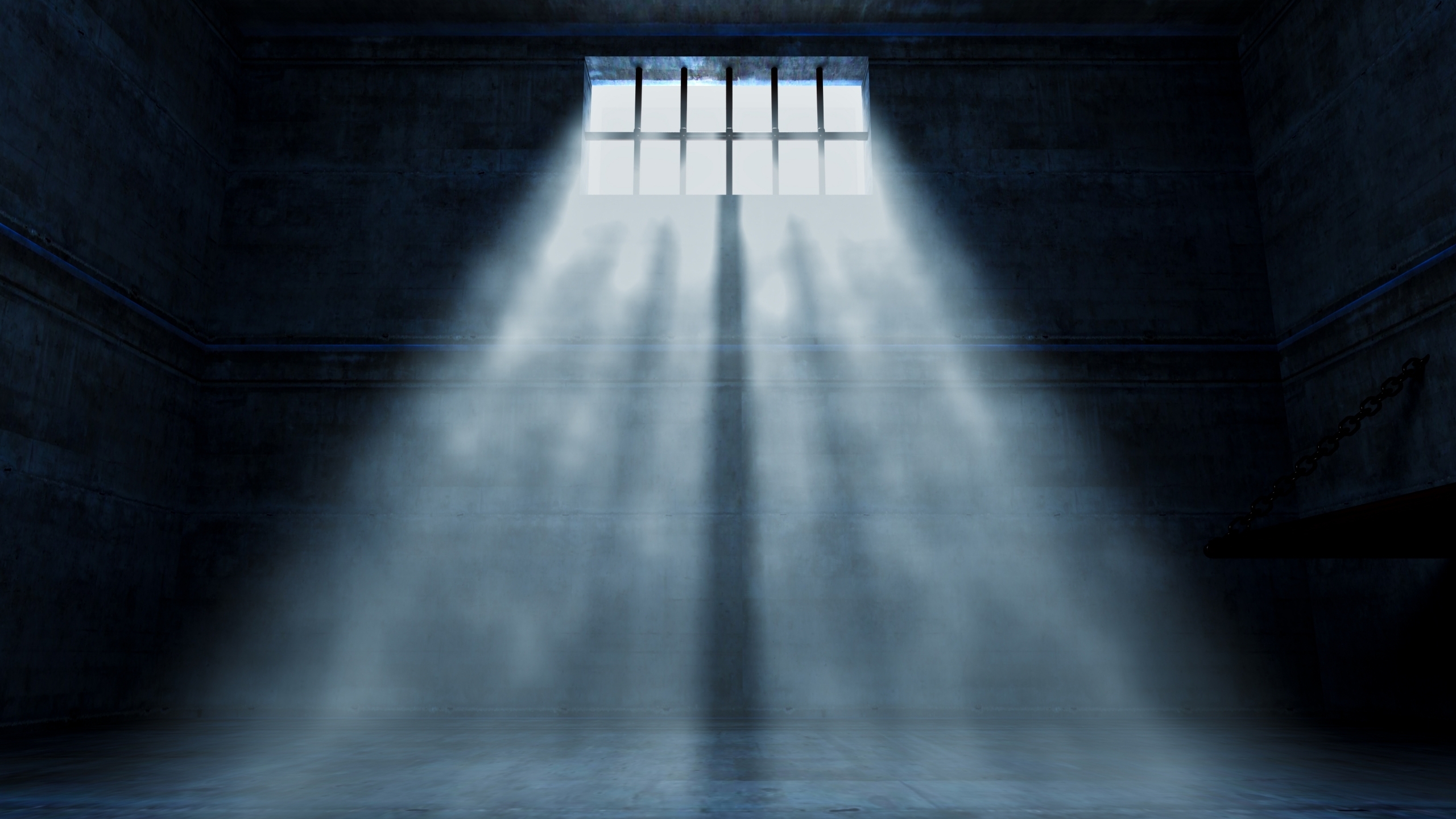Calling Alabama officials “deliberately indifferent” to the “unconstitutional conditions” within the state’s 13 prisons, attorneys for the U.S. Department of Justice recently updated its lawsuit against the state to provide examples of the deplorable conditions that led the federal government to file suit.
The filing also directly accuses the Alabama Department of Corrections of engaging “in a pattern or practice that obscures the level of harm from prisoner violence,” by continuing to under-report and failing to accurately report deaths inside Alabama’s prisons. It also accuses ADOC of “failing to protect prisoners from homicides.”
The amended complaint, which was required after federal Judge David Proctor told the DOJ that its initial filing lacked specifics, includes facility-specific examples of what the DOJ believes are conditions that violate the constitutional rights of prisoners.
Most notable, the DOJ says, is the “pattern of violence” within all 13 prisons that is both “pervasive and systemic.” To support that, the filing notes that the homicide rate inside Alabama prisons in 2018 was more than seven times the national average and that at least — because the Alabama Department of Corrections refuses to accurately report prisoner-on-prisoner homicides in its monthly reports — 32 prisoners were murdered by other inmates between 2018 and 2020.
Those figures do not include suspicious deaths, drug overdoses and accidents, of which there were dozens more.
The new filing lists several inmate homicides and the cause of death. It also notes that while ADOC reports more than 300 inmate deaths in the past two years, the reports fail to list numerous deaths that are still under investigation — “a status which sometimes continues for years,” the filing states.
The DOJ attributes at least some of the violence in Alabama prisons to overcrowding, noting that a system currently designed to hold 9,462 men is currently housing more than 14,000. The three most overcrowded prisons — Staton, Bibb and Holman — had occupancy rates of 265 percent, 193 percent and 180 percent, respectively, at the end of September.
Alabama lawmakers recently approved a plan to build new prisons, however, that plan will not address the overcrowding situation. The new facilities, when they come online, will actually house fewer incarcerated people than current facilities.
Additionally, the DOJ complaint notes, that understaffing of corrections officers remains a huge issue. Less than half (1,365) of Alabama’s CO positions (3,124) were filled in early 2021.
The filing also lists specific instances of violence, sexual assaults and excessive use of force by guards within Alabama’s prisons. It notes, in disturbing detail, instances in which correctional officers were informed of ongoing sexual abuse or physical abuse but did little, if anything, to stop it or protect victims.
The DOJ also includes a number of specific facility issues present at all 13 prisons, including the fact that not one prison has a functional fire alarm system. In addition, there are multiple HVAC, plumbing, electrical and structural issues at each facility.
And perhaps most disturbing: “Despite being on notice of the dangerous and deficient conditions in Alabama’s Prisons for Men, the State of Alabama and ADOC failed or refused to eliminate the unconstitutional conditions,” the filing notes.



















































